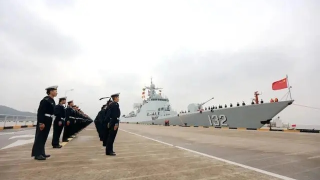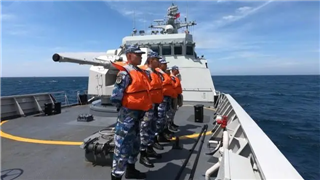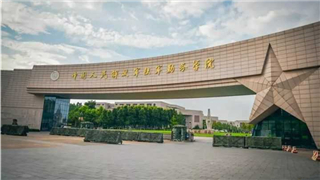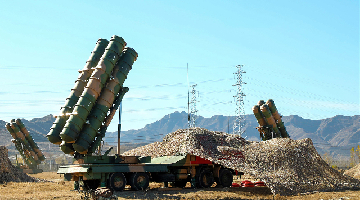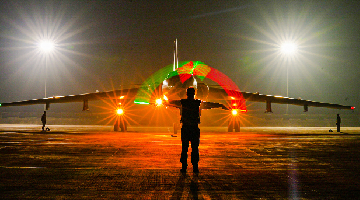
By Lin Yuan
Because of America's recent measures of pushing its "America first" policy in total disregard of its allies' interests, some of its allies have stopped blindly following the Big Brother, even gone so far as to publicly stand against it, while many other countries pronouncedly condemn US hegemonism and piratical actions.
America's rebelling allies
That its allies in the Middle East, Asia Pacific and Europe are constantly at odds with it on core issues has put America in an awkward situation.
First, Australia abstained on a UN nuclear-related resolution. In a recent vote at the UN, Australia didn't continue its objection to the Treaty on the Prohibition of Nuclear Weapons (TPNW) and abstained from the vote, which widely deviated from its previous stance of repeatedly opposing the treaty alongside the US.
Then the EU expressed dissatisfaction with America's unfair competition. US President Biden signed the Inflation Reduction Act into law in August 2022, in which some articles enabled the US government to provide high subsidies to the local EV industry, which dissatisfied the EU for what it called discrimination against European automakers. According to informed source, leaders in Berlin and Paris agreed similar retaliatory measures would be necessary in EU if Washington refused to accommodate their major concerns.
There is also tension between the US and its Middle Eastern ally the UAE. A report recently submitted by US National Intelligence Council claimed UAE, taking advantage of America's institutional weaknesses, has tried to interfere in its internal affairs by buying it into making pro-UAE policies, which UAE denied. Now the report is on the desk of senior White House officials. American media reported that it is rare for US intelligence to conduct such investigations into an ally.
America's behaviors condemned by many
These contrary moves from the allies are accompanied by the slamming of America's hegemonism by other countries.
Turkey accused the US of having a hand in terrorist attacks. A blast in downtown Istanbul, the largest city of Turkey, on November 13 killed at least 6 and injured 81. Turkish police later arrested the person responsible for the bombing and accused America of association with the attack. At the bombing site, Turkish Minister of Interior Süleyman Soylu refused to accept America's condolences, which he said was like the murderer being the first to return to the crime scene in order to cover up what he had done.
Syria accused the US military of stealing oil. A Syrian news agency recently reported that on November 14, American troops illegally stationed in Syria drove 76 oil tank trucks to transport the oil they stole from Syria to the US military base in northern Iraq – the third time in November. Earlier on, American troops transported the stolen oil out of Syria with 43 oil tank trucks on November 6 and then sent oil and grain out with 74 oil tank trucks and 20 regular trucks respectively on November 12.
The declining American influence
Overall, both the allies' dissatisfaction and other countries' accusations are rooted in the fact that America's hegemonistic narratives and behaviors have been widely questioned, while its global hegemonistic system is facing severe challenges.
On the one hand, the centrifugal force among the allies may intensify. The US, to keep its position in a fiercer competition, has been tough on its allies and constantly harming their interests, which may trigger vehement reactions. For instance, the OPEC led by Saudi Arabia and non-OPEC oil-producing countries has announced to cut oil production despite America's warnings in order to protect their interests.
On the other hand, America's regional influence may fall. The US is forsaking its old international strategy underpinned by soft power and international leadership and turning to high pressure and hard power. Now, this approach is beginning to backfire. Most countries in the Asian Pacific region are full of doubts about its Indo-Pacific strategy and complaints about its attempt to create confrontation and obstruct open cooperation. America's regional influence may fall further in the future.

